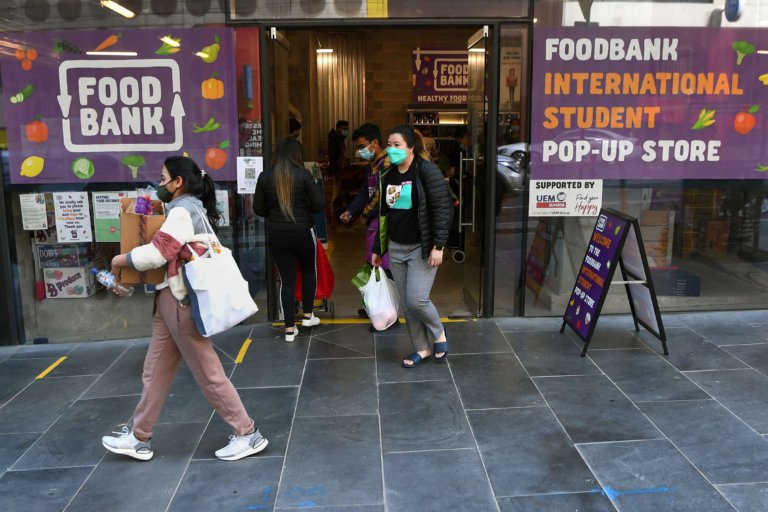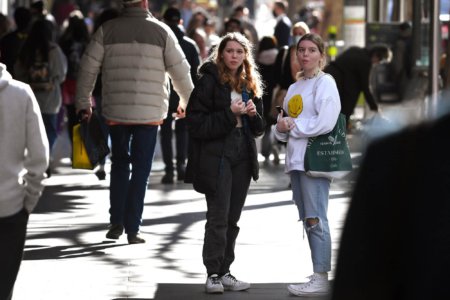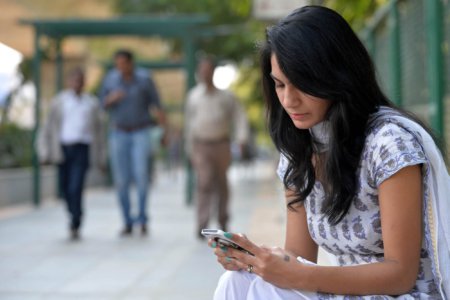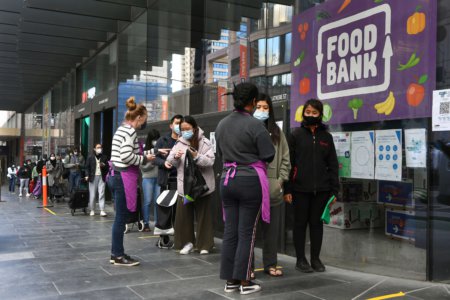
Until recently, Australia migration rules kept foreigners out to curb the spread of COVID-19 outbreak. The move has been punishing to international students, whose study abroad dreams were dashed with mounting frustrations that seem never-ending. Border shutdowns have resulted in academic limbo, personal financial losses, and exacerbating mental health among foreign students.
On the other side of the coin, another debate has left policy analysts rustled and dishing out cautionary predictions over the state of Australia’s higher education. Experts fear that the country may be a sinkhole of “low-skilled guest worker society” now that limits on the working hours of foreign students have been temporarily removed to fill labour shortages in essential services, The Times Higher Education reports.
The Department of Home Affairs amendment to the working hours for the Subclass 500 student visa came under scrutiny for contradicting the Australian Strategy for International Education 2021-30 to push for a more sustainable sector in the post-pandemic economy.
Policy amnesia and wall of silence between federal agencies could propel Australian international education into crisis worse than 2000s immigration scams, warns immigration expert @RizviAbulhttps://t.co/eAOYTsegog
— Times Higher Education (@timeshighered) December 23, 2021
Commenting on the situation, Dr. Abul Rizvi, an immigration policy analyst, said that such abrupt measures on immigration introduced under extenuating circumstances have a tendency to “become permanent.” The new strategy also accords graduate employment privileges to offshore students, extending post-graduation work opportunities to those who completed their studies abroad after being locked out of the country.
Professor Andrew Norton, a higher education policy expert from the Australian National University, is sceptical whether this is a step in the right direction. “I’ve got real concerns about the huge numbers of long-term temporary migrants,” he was quoted saying. Norton worries over the inconsistencies over rulings governing student visa, graduate visa and permanent residency that change arbitrarily, which could harm the industry in the long run.
Australia migration policy: Contextualising temporary measures for international students
Foreign students registered in Australian universities have been put through the wringer since the pandemic began. The country’s international border lockdown beginning in March 2020 left many students in distress due to agonising disruption in study plans, tarnishing the dream study abroad experience that many had envisioned. Some have given up hope entirely, and left for greener educational pastures in other countries that are more welcoming to international students.
International students are wondering if they should return to Australia even after the government opened its borders. #LetUsBackToAus #InternationalStudentsAustralia https://t.co/iTXRhhQVSz
— Study International (@Study_INTNL) December 15, 2021
While this measure could be justified where public health is concerned, it has certainly backfired economically. Australia’s international enrolment numbers plummeted between 9% to 35% in several prestigious universities in the first semester of 2021 when compared to the same time frame in 2019.
The absence of foreign students in Australia is hard on the local economy. In 2019 alone, international education accounted for more than 40 billion Australian dollars to the economy, according to the Australian Bureau of Statistics. Not having international students physically is unwelcome news for local proprietors who rely on them to keep businesses afloat.
Taken within this context, Australia’s temporary changes on student visas and the post-study work visa is an expedient move to incentivise a sector that is losing out to countries in the Northern Hemisphere — but where do international students sit in this situation?
Australia migration rules: What is at stake for international students in the long haul?
Dr. Rizvi warns of a déjà vu case from over a decade ago, where incoming students were motivated by migration and employment prospects rather than educational quality. This clashes with the supposed message of galvanising skilled migration to grow Australia’s economy.
One question remains while the debate rages on: what do international students themselves think? Throughout the pandemic, the Study International team has reached out to foreign students affected by Australia’s policies to delve into their lived experiences navigating university life under impossible circumstances.
This international student is eager to return to the University of Melbourne ☀️#letusbacktoaus #internationalstudentsaustraliahttps://t.co/eO0k8N3Nll
— Study International (@Study_INTNL) December 15, 2021
International students have dealt with food and housing crises, ineffective virtual learning from overseas, visa delays, anti-immigration sentiments, on top of wage exploitation from long working hours that leave them vulnerable in an already untenable situation.
Many just want to return safely and resume on-campus learning to get the full university experience that was denied to them throughout the pandemic. “People think studying remotely can’t be too bad but I can confirm it is the worst. I am paying a lot of money for resources I can’t access,” says Gill (named changed upon request), who aired her frustrations to Study International. “During the second semester, I cried almost every day and nearly dropped out.”
Gill is just one of many who are becoming increasingly disillusioned about their Australian dreams. Most are just seeking clarity and stability of their status in Australia in a situation fraught with uncertainties, especially now that a new wave of Omicron-related outbreak has taken over the country.
“There is much for academics to be hopeful about for the coming year. In almost every survey, more than 90 per cent of students in Australia are reported to be hungry to return to face-to-face campus life.” @BebbingtonProf reflects on community in HE https://t.co/CUS2kfkjrd pic.twitter.com/j3PFdcV0eK
— Times Higher Education (@timeshighered) December 23, 2021
“What has caused the most anxiety and, at times, anger towards the Australian government is not necessarily about the border closures per se, but about a lack of clear messaging, a lack of timelines and a lack of positive communication from the federal government about the importance of welcoming students back onshore,” Angela Lehmann, the head of research at The Lyon Group explained to Study International via an email interview.
After all, it’s the students themselves that are incurring financial losses and lost opportunities to the detriment of their wellbeing. Legal recourse isn’t always helpful if things go awry for those who have already overtaxed their resources to maintain enrolment status.
Help for international students in Australia, listed by state 🆘#letusbacktoaus #internationalstudentsaustraliahttps://t.co/VBaRhJeQOD
— Study International (@Study_INTNL) December 22, 2021
NSW and Victoria 🇦🇺 COVID cases have raised since borders opened — will things change for the worse for students again?#LetUsBackToAushttps://t.co/66jSg7iDcc
— Study International (@Study_INTNL) December 21, 2021
As COVID-19 cases escalate in Australia once again with the new Omicron variant, it’s still unclear what tangible steps the country is taking to address the higher education crisis that will likely linger for years to come.
One thing is for sure: deprioritising international students’ voices in the national conversation around immigration and educational reforms would detract more students from going to Australia. Its less-than-favourable precedent set in the past two years has already dented the country’s reputation as an ideal study destination, and is one that won’t recover anytime soon.










